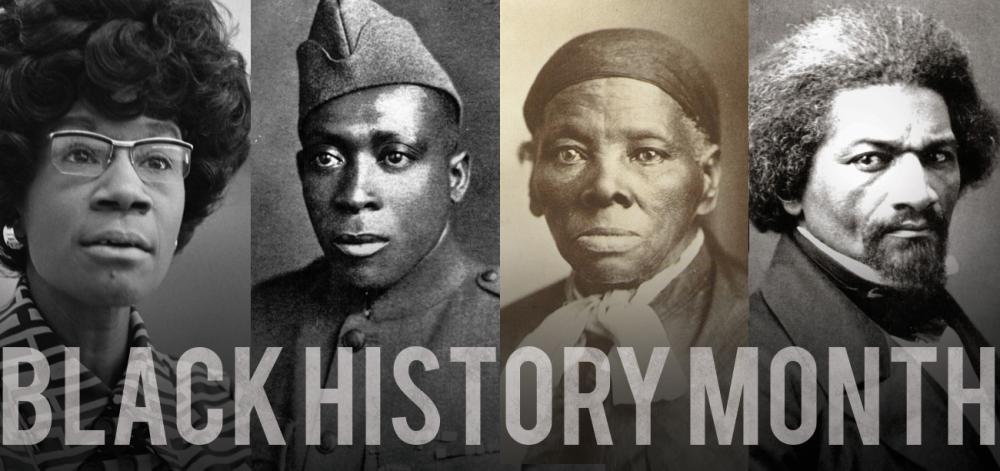February is Black History Month in America. Alongside the celebratory recognitions, there are – inevitably – dueling questions/objections:
“Why is African American history ghettoized into just a single month each year?”
“Why isn’t there a White History Month?”
The answers to both of these rest upon a crucial reality of racism and white supremacy in America (and in western civilization outside the United States).
History, as it has been recorded, taught, and popularized, has systematically and comprehensively minimized and ignored African Americans’ contributions and accomplishments that instrumentally shaped culture, arts, religion, science, economy, industry, and every other aspect of our lives. African American innovations that would have covered their inventors in permanent prominence and esteem if the inventors had been white, have repeatedly been left uncredited or credited to a white person who was only tangentially involved in the creation.
Popular history has likewise treated the centuries-long oppression and immiseration suffered upon African Americans as mere footnotes or detours along a path of “progress”, rather than as a central factor upon which so much of American wealth and economic strength was built and that formed (or rather deformed) both the social and physical architecture of American life.
Why isn’t there a “White History Month”? Because the persistent exclusion and omission of Black history has always been nothing more than white history, heretofore taught and popularized from an exclusively white perspective and narrative framing.
Black History should be recognized as central to all of shared American and world history. It should be celebrated and fully integrated into the way we teach and study history. That’s what our schools and our communities should be doing. But until that becomes a reality, we NEED a special observance to remind and exhort us to do the work to learn that story all year long. Thus, Black History Month is both an exhortation and a corrective.
Carter G. Woodson, the early 20th century historian and originator of the observance that evolved into Black History Month, explained it this way: “Not because learning about, say, a Black inventor would inspire white magnanimity, but because failure to accept Black people as fellow architects of the United States is an existential threat to the nation we call home.”
Esteemed novelist, playwright, essayist, poet, and activist James Baldwin said: “History, as nearly no one seems to know, is not merely something to be read. And, it does not refer merely, or even principally, to the past. On the contrary, the great force of history comes from the fact that we carry it within us, are unconsciously controlled by it in many ways, and history is literally present in all that we do. It could scarcely be otherwise, since it is to history that we owe our frames of reference, our identities and our aspirations.”
Ridgefield Allies encourages all people of good will to spend worthwhile efforts every month, but especially this month, continuing to learn African American history, because it is human history – all of our history.
Here is a sampling of useful links about both the reasons for the month and the history we all should know (please don’t limit yourself to only these):
- Black History Resources
- African American History: Research Guides & Websites
- Why we don’t have White History Month: A sociologist explains why it would be ridiculous
- 5 Reasons You Should Celebrate Black History Month
- Black History Month: A Medical Perspective
- 44 African Americans Who Shook Up the World
- Black Struggles and Achievements Black History Month: Why America Must Never Forget
- Black History Month events 2021
- Black History is Connecticut History: The Series, Events, and More
- From African roots to Hartford heroes, Black History Month events in Connecticut go almost entirely virtual
- 4 ways to celebrate Black History Month virtually
- National Archives Black History Resources
- NEA Black History Month Lessons & Resources


